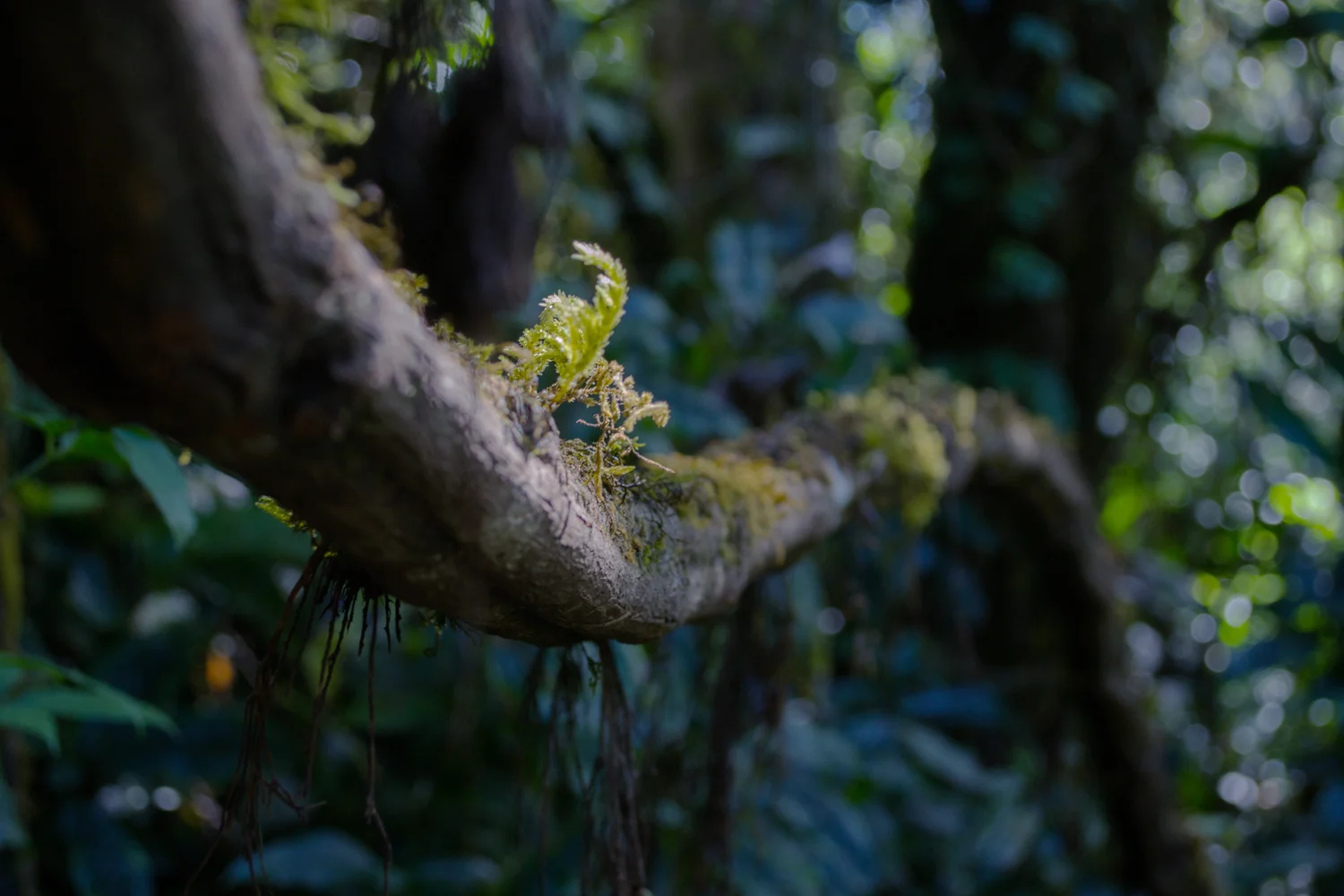Protecting forests

Neste has a clear stand against any actions that would cause deforestation. We are committed to preventing deforestation in our own supply chains, and require the same from all our raw material suppliers. Neste puts great effort into managing its deforestation risk and this effort is regularly evaluated by a non-profit CDP among others.
Collaboration to mitigate deforestation risk
Neste has joined the Consumer Goods Forum Forest Positive Coalition to strengthen its collaboration on preventing deforestation. We welcome further collaboration over industry boundaries and with all our stakeholders to ensure deforestation-free supply chains.
Neste works with expert organizations, such as CORE (The Consortium of Resource Experts), to continuously manage its deforestation risks not only in its own supply chain, but also more widely in the palm oil industry. With the help from CORE, we assessed the environmental risks of our company’s palm oil supply chain, and prepared an action plan for preventing and mitigating risks. The implementation of the action plan began in early 2017. Neste is also cooperating with smallholders in the palm industry to further develop their sustainability awareness and expertise, as well as to improve traceability.
Neste cooperates with Daemeter, Proforest, and the Siak government as well as many other global brands to make a large-scale transformative sustainability impact in the Siak region in Indonesia.
Neste is supporting a landscape initiative program in Para, a region in Northern Brazil that has been affected by deforestation. The collaboration with local NGOs (Proforest, Imaflora and Solidaridad) aims at driving structural change in the region by engaging with local cattle farmers and promoting forest conservation. The collaboration started early 2023 and the project is first focused on mapping the relevant stakeholders for further engagement.
Driving transparency in palm oil industry
As one of the raw materials in our extensive portfolio for our renewable products, we source wastes and residues from palm oil production processes from suppliers that are committed to sustainable working practices and meeting strict sustainability criteria, including a proactive approach to preventing deforestation and mitigating its risk. We do not use crude or refined palm oil in the production of our renewable products.
Since 2017, we have been working towards a target of developing traceability for our entire PFAD supply chain to palm oil plantations. Working towards the target has required us to map large parts of previously unmapped palm oil supply chains and we have made significant progress. See the most recent traceability information on Neste’s PFAD supply chain.
We work with reputable expert organizations, such as CORE (The Consortium of Resource Experts), to continuously manage deforestation risks not only in our own supply chain, but also more widely in the palm oil industry. We also partnered with the non-profit organisation Earthqualizer to further improve deforestation monitoring in our PFAD supply chains by leveraging value-added intelligence.
Neste Responsible Sourcing Principle
Read more about Neste's Responsible Sourcing Principle
Download here (pdf)Share this